Tag: confirmation
-
Chief justice confirmed to Massachusetts Supreme Judicial Court
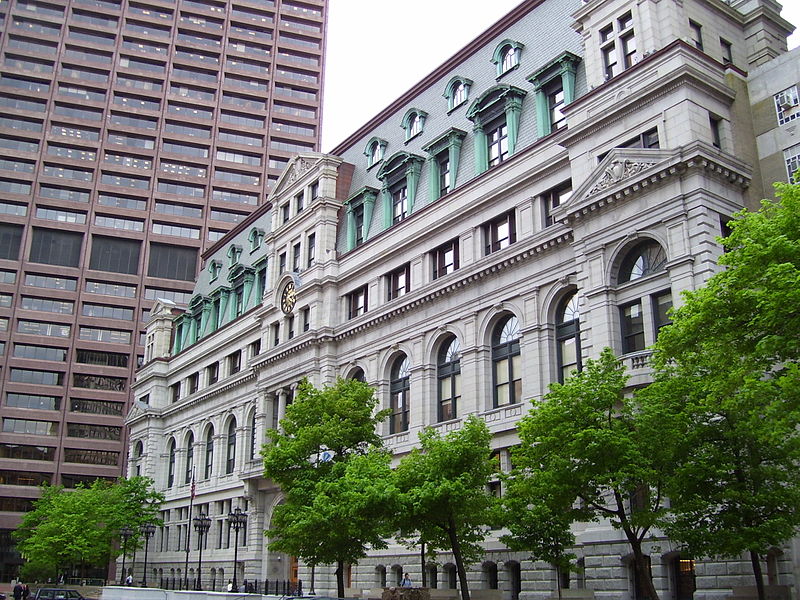
On November 18, 2020, Massachusetts Supreme Judicial Court Justice Kimberly Budd was confirmed as the chief justice of the court. Budd was nominated to the position by Gov. Charlie Baker (R) on October 28, 2020. She succeeded former Chief Justice Ralph D. Gants, who passed away on September 14, 2020. Budd may serve as the…
-
Hawaii senate confirms Eddins to state supreme court
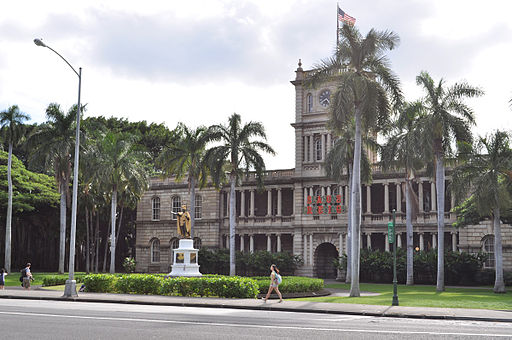
On November 19, 2020, the Hawaii State Senate confirmed Todd Eddins to succeed Justice Richard W. Pollack on the Hawaii Supreme Court. Gov. David Ige (D) appointed Eddins to the court on October 23, 2020. Eddins is Ige’s first nominee to the five-member supreme court. The seat became vacant when Pollack retired on June 30,…
-
U.S. Senate confirms five nominees to federal judgeships
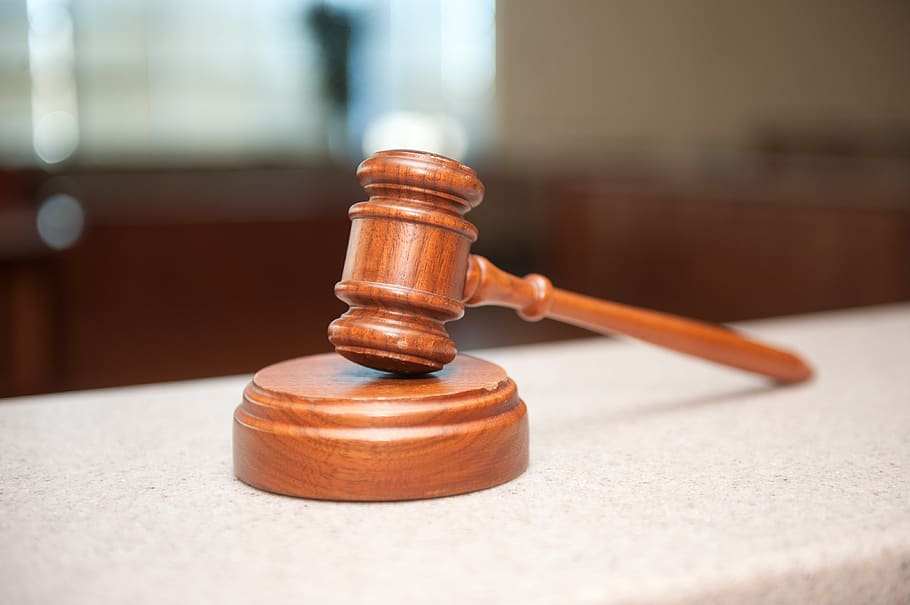
The U.S. Senate confirmed five nominees to federal judgeships—four to federal district court seats and one to the U.S. Court of International Trade. The 94 U.S. District Courts are the general trial courts of the United States federal courts. The U.S. Court of International Trade is an Article III federal court that only hears cases…
-
California governor confirms Jenkins to state supreme court
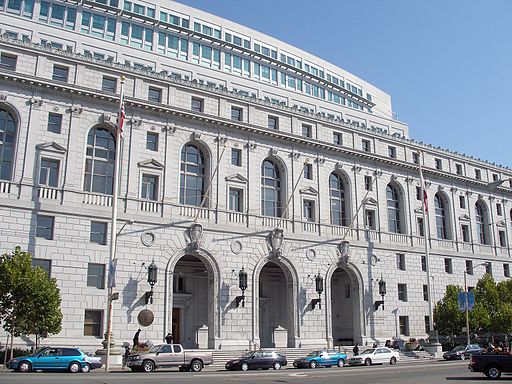
The California State Commission on Judicial Appointments confirmed Martin Jenkins to the California Supreme Court on November 10, 2020. Gov. Gavin Newsom (D) appointed Jenkins on October 5. Jenkins succeeds Justice Ming Chin, who retired on August 31. Jenkins is Newsom’s first appointee to the seven-member supreme court. Under California law, state supreme court justices…
-
U.S. Senate confirms Cannon to federal district court judgeship

The U.S. Senate confirmed Aileen Cannon to the U.S. District Court for the Southern District of Florida by a 56-21 vote on November 12, 2020. The U.S. District Court for the Southern District of Florida is one of 94 U.S. District Courts. They are the general trial courts of the United States federal courts. After…
-
U.S. Senate confirms Knepp to federal district court judgeship
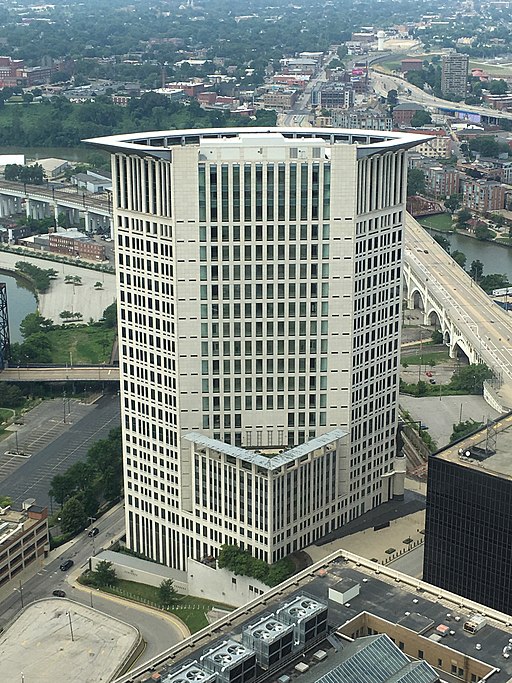
The U.S. Senate confirmed James Knepp to the U.S. District Court for the Northern District of Ohio by a 64–24 vote on November 10, 2020. The U.S. District Court for the Northern District of Ohio is one of 94 U.S. District Courts. They are the general trial courts of the United States federal courts. After…
-
U.S. Senate confirms Hinderaker to federal district court judgeship
The U.S. Senate confirmed John Hinderaker to the U.S. District Court for the District of Arizona by a 70-27 vote. The U.S. District Court for the District of Arizona is one of 94 U.S. District Courts. They are the general trial courts of the United States federal courts. After Hinderaker receives his federal judicial commission…
-
Judicial nominee confirmed to U.S. Court of Federal Claims
On September 22, 2020, the United States Senate confirmed the nomination of Edward Meyers to a federal judgeship on the United States Court of Federal Claims by a 66-27 vote. Meyers will join the court upon receiving his judicial commission and taking his judicial oath. Meyers was originally nominated to the seat by President Donald…
-
U.S. Senate confirms six U.S. District Court nominees

The U.S. Senate confirmed six nominees to U.S. District Court judgeships. The 94 U.S. District Courts are the general trial courts of the United States federal courts. The Senate has confirmed 214 of President Trump’s Article III judicial nominees—two Supreme Court justices, 53 appellate court judges, 157 district court judges, and two U.S. Court of…
-
Fabiana Pierre-Louis confirmed to state Supreme Court by New Jersey Senate
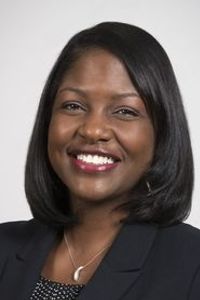
On August 26, 2020, Justice Walter Timpone announced that he planned to retire early from the New Jersey Supreme Court if supreme court nominee Fabiana Pierre-Louis was confirmed by the Senate before September. On August 27, 2020, the New Jersey Senate voted 39-0 to approve Pierre-Louis. Pierre-Louis is Governor Phil Murphy’s (D) first nominee to…

